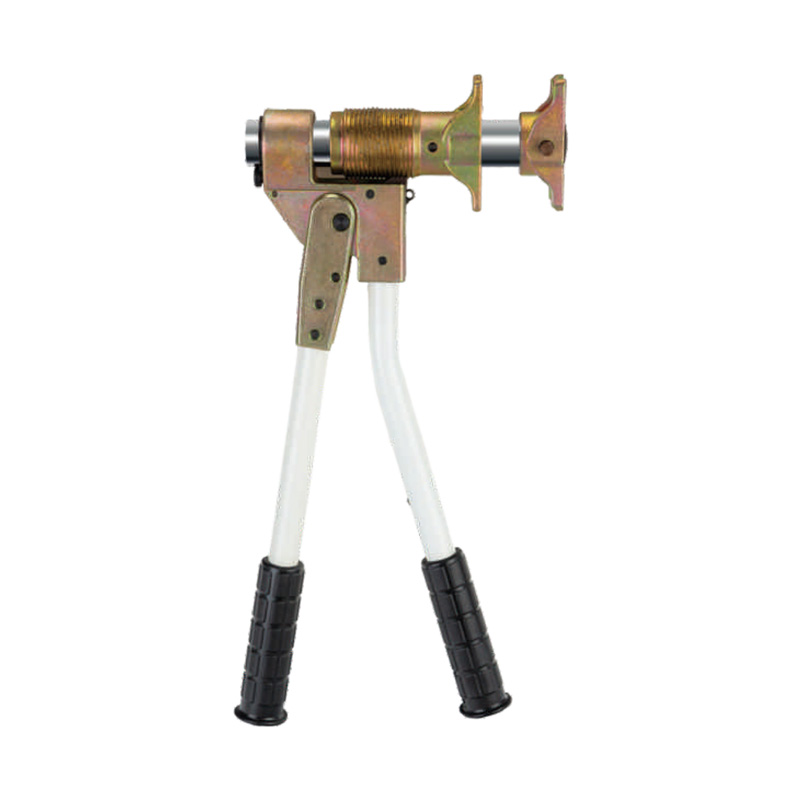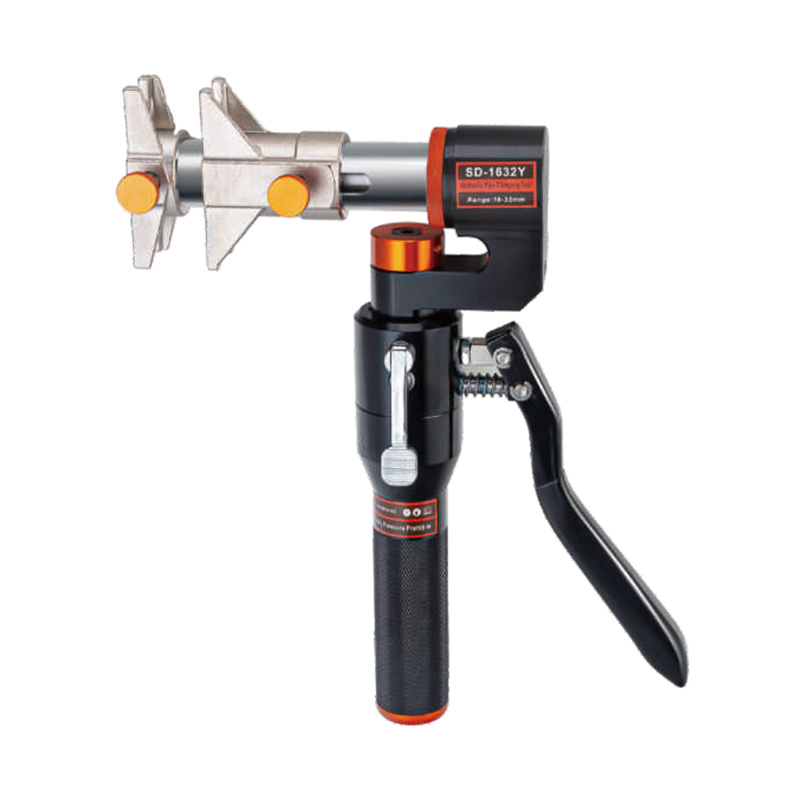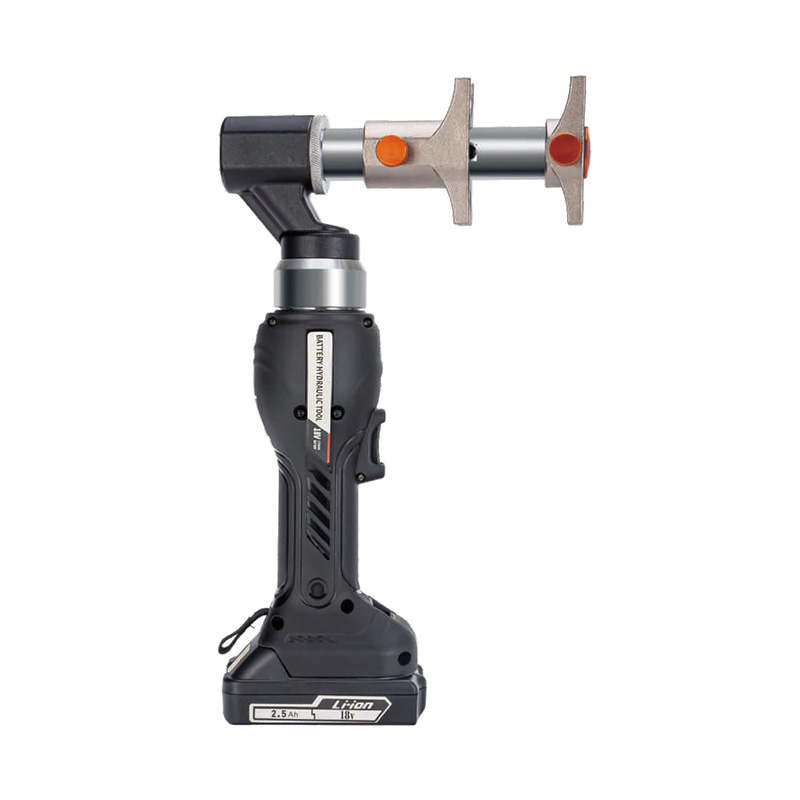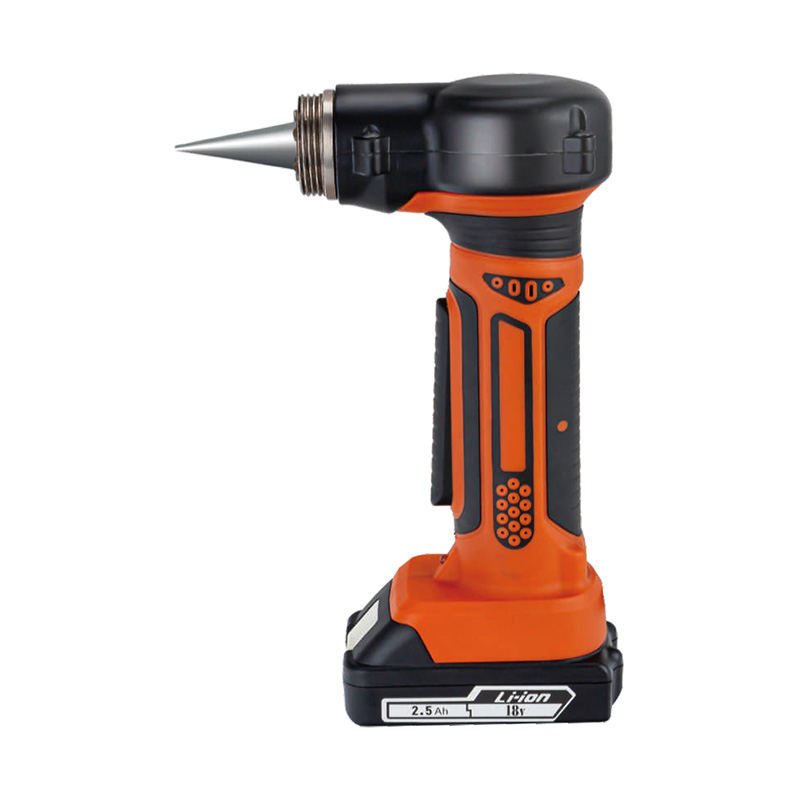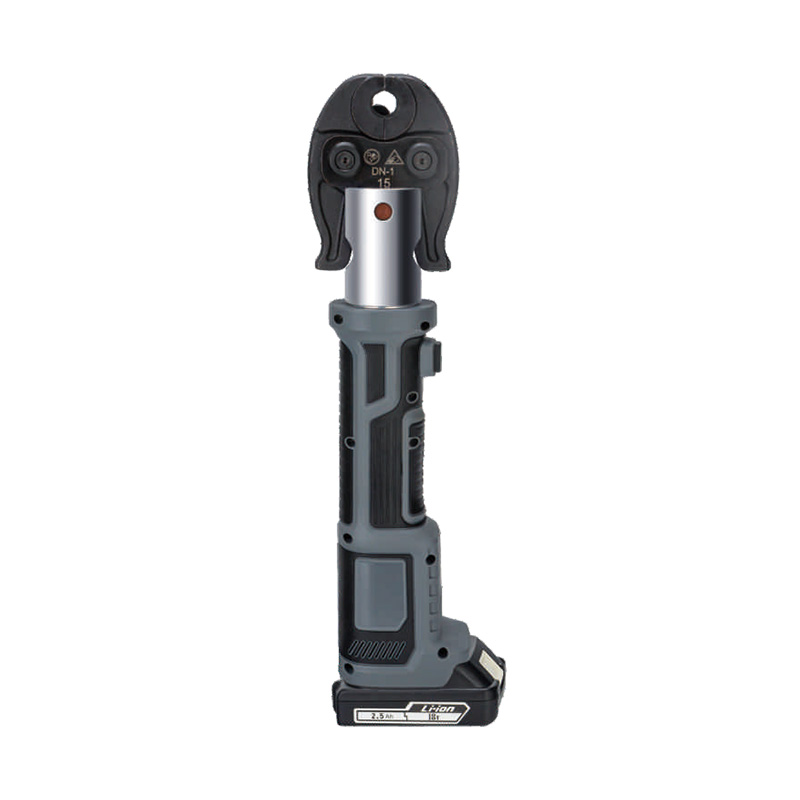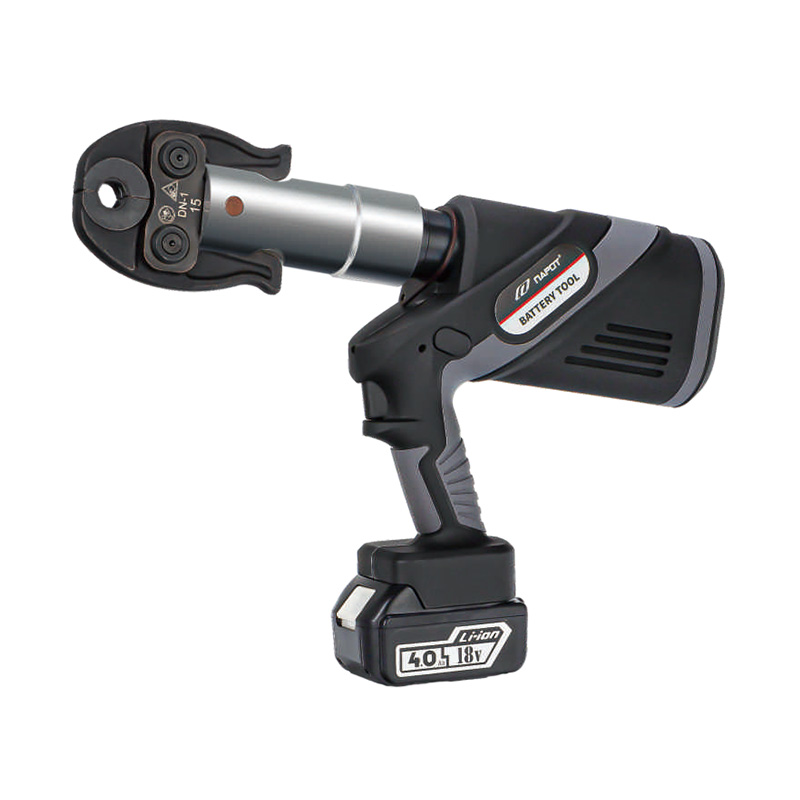Among the many tools essential for building sturdy structures, rebar benders stand out as indispensable assets. Whether it's reinforcing concrete foundations, constructing bridges, or erecting skyscrapers, the proper bending of reinforcement bars, or rebars, is crucial for ensuring structural integrity and resilience.
Handheld rebar benders represent a versatile and portable solution for bending rebars on-site. These compact tools are designed to be operated manually, offering construction workers flexibility and ease of use in various construction environments. Equipped with ergonomic handles and intuitive controls, handheld rebar benders enable precise bending angles to be achieved with minimal effort. Whether it's bending rebars for corner reinforcements, beam stirrups, or column ties, these handheld tools provide construction workers with the flexibility to adapt to the demands of any project.
The advent of power rebar benders has further revolutionized the bending process, offering increased speed, efficiency, and precision. These electric or hydraulic-powered machines are capable of bending rebars of varying sizes and diameters with remarkable consistency and accuracy. Equipped with advanced features such as digital displays, programmable bending angles, and automatic rebar feeding systems, power rebar benders streamline the bending process, reducing labor costs and small errors. Whether it's bending large quantities of rebars for high-rise constructions or intricate shapes for architectural elements, power rebar benders deliver unrivaled performance and versatility on the job site.
For large-scale construction projects requiring heavy-duty bending capabilities, industrial rebar benders are the tool of choice. These robust machines are designed to withstand the rigors of continuous operation in demanding construction environments. With their high-capacity bending capacities and rugged construction, industrial rebar benders are capable of bending thick rebars with precision and efficiency. Equipped with hydraulic or pneumatic systems, these machines offer immense bending force, allowing construction crews to tackle even the many challenging bending tasks with ease. Whether it's bending rebars for bridge girders, tunnel reinforcements, or foundation footings, industrial rebar benders provide the power and performance necessary to meet the demands of large-scale construction projects.
The versatility of rebar bending tools extends beyond traditional construction applications. In addition to bending rebars for structural reinforcement, these tools find use in various industries, including manufacturing, fabrication, and infrastructure development. For example, in the manufacturing sector, rebar bending tools are utilized for shaping metal components used in automotive, aerospace, and machinery production. In fabrication workshops, rebar benders are employed to create custom metal structures, such as gates, fences, and signage. In the infrastructure sector, rebar bending tools play a vital role in the construction of transportation networks, water treatment facilities, and energy infrastructure.
The adoption of rebar bending tools has led to significant improvements in construction efficiency, productivity, and safety. By automating and streamlining the bending process, these tools reduce the reliance on manual labor, small the risk of injuries and fatigue among construction workers. Furthermore, the precision and accuracy afforded by rebar bending tools ensure that structural components meet stringent quality standards, enhancing the durability and longevity of constructed assets. Whether it's a residential building, a commercial complex, or a critical infrastructure project, rebar bending tools play a crucial role in shaping the built environment and driving progress in the construction industry.
Rebar bending tools have emerged as indispensable assets for construction professionals, offering versatility, efficiency, and precision in bending reinforcement bars. From handheld devices to power machines to industrial-grade equipment, these tools cater to the diverse needs of construction projects, from small-scale renovations to large-scale infrastructure developments.

 English
English 中文简体
中文简体 русский
русский GET A QUOTE
GET A QUOTE